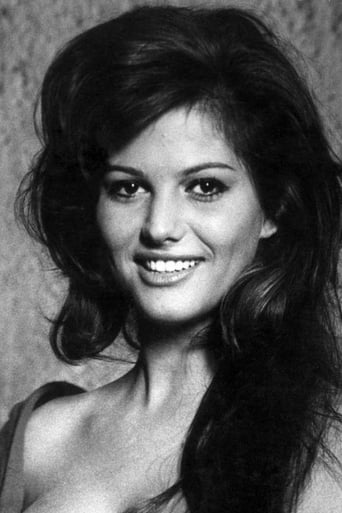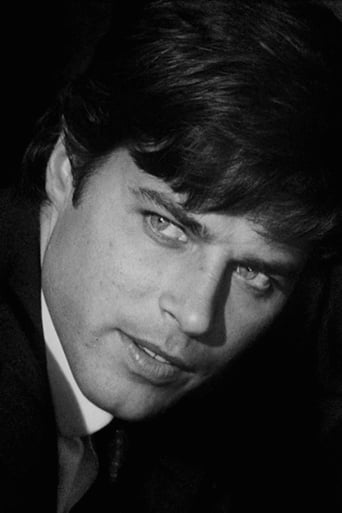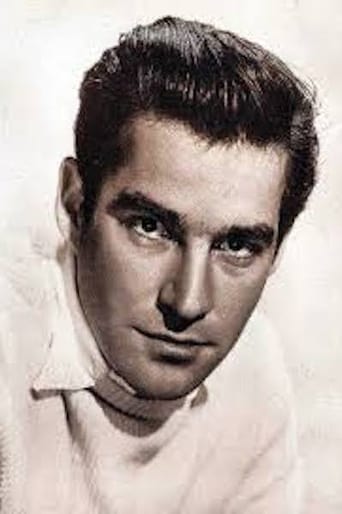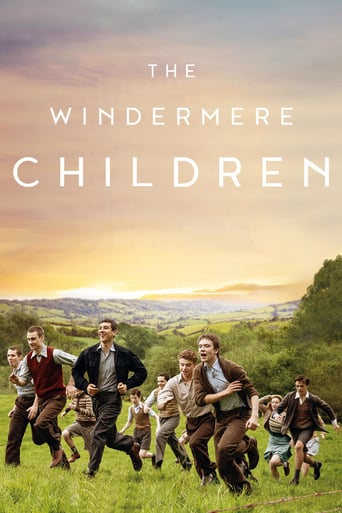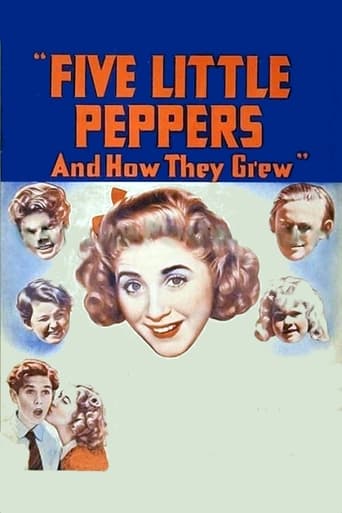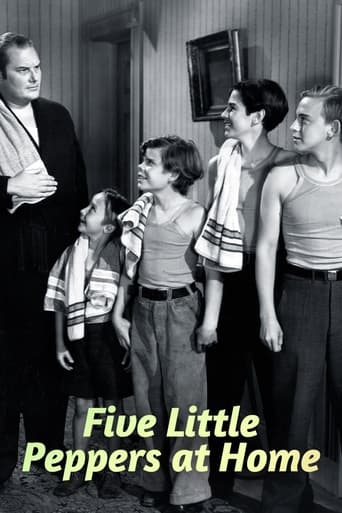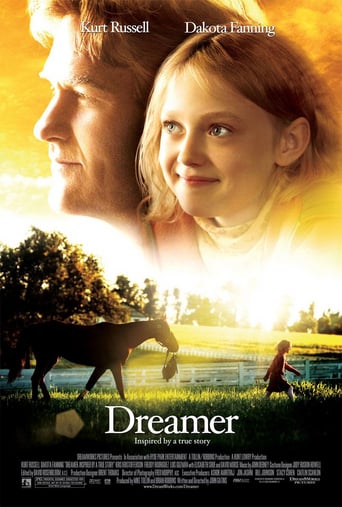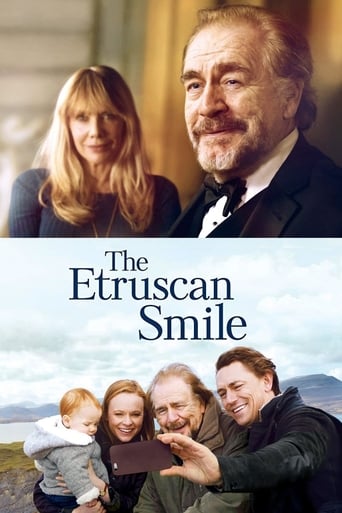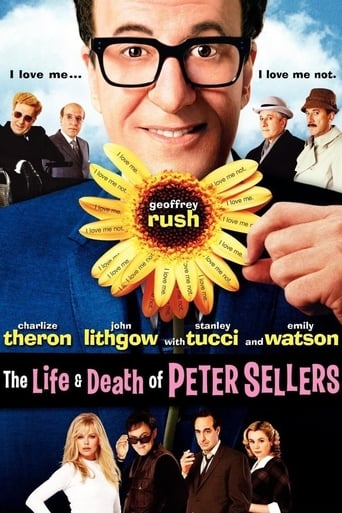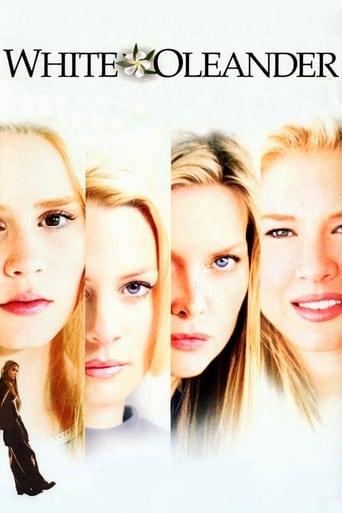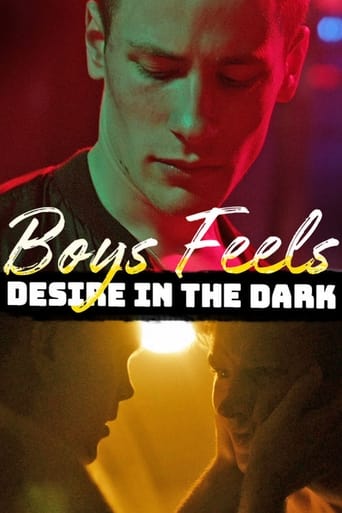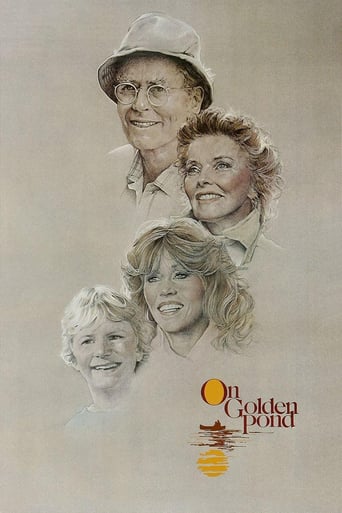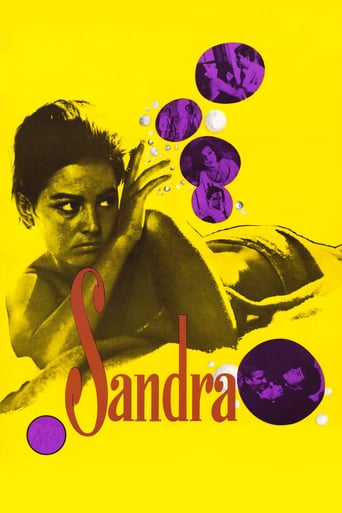
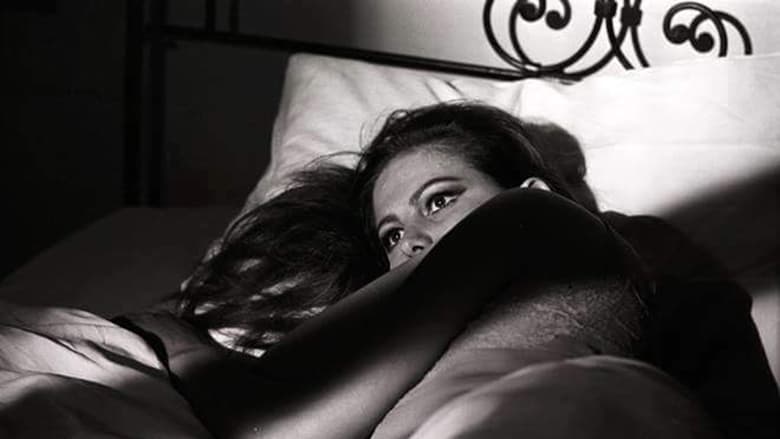
Sandra (1965)
Sandra returns to her childhood village to take care of family business, but childhood memories and secrets soon overcome her.
Watch Trailer
Cast


Similar titles
Reviews
Thanks for the memories!
How sad is this?
Don't listen to the negative reviews
One of the worst ways to make a cult movie is to set out to make a cult movie.
***User-reviewer bennyraldak ("Forbidden desire", bennyraldak from Netherlands, 4 September 2009) sees "Sandra" as being focused on Claudia Cardinale's character's demons. Ilpo Hirvonen ("The decay of an aristocratic family", Ilpo Hirvonen from Finland, 21 September 2010) has a good general summary.*** Luchino Visconti's Sandra (1965), is a puzzling but splendorous visual treat that depicts incest, homo-eroticism, madness and collaboration with the Nazis. Its fairly slow pacing and reluctance to make obvious useful information will challenge those who spend hours a day gazing down at their QWERTY devices. However, "Sandra" is very rich and satisfying; it is flawlessly served up by the great Visconti. (I like it more than "The Leopard.")A modernized retelling of the Greek myth Electra, an attractive, upper-class, socialite couple (Claudia Cardinale in the eponymous role, Michael Craig as her husband Andrew) return to the mansion of Sandra's youth (which she was forced to flee), to attend a small ceremony honoring her father, who was murdered by the Nazis at a concentration camp. When she is reunited with her unstable brother, Gianni (Jean Sorel), the physical connection between them is made very obvious. Their closer-than-normal relationship is never a secret to the audience, but revealing it is a big concern to Andrew and other observers, such as Sandra's barrister stepfather Gilardini (Renzo Ricci). The perpetually nervous Gilardini and Sandra's clinically insane mother (Marie Bell) may also have collaborated with the Nazis by betraying Sandra's father, creating an unusual conflict of pairs.Shot in high-contrast Black and White, Visconti's skill at shooting his photogenic cast in tight quarters is evident. Because the English translation of the film is somewhat talky, it helps to develop the skill of quickly reading the subtitles in order to enjoy Visconti's work. It is amazing how precise and detailed the imagery is. The scenes between the anguished brother and steely sister are frequently filled with erotic tension. Visconti's trademark homo-eroticism is also present, but to a smaller degree.One of the more interesting characters is Sandra's "first love" who is now a physician. He seems to personify not just a mixture of Sandra's husband and her brother, but also the Nazi collaborator Gilardini. At least, that's my interpretation of the final image.Visconti's depiction of a decaying aristocratic family has great depth, and fans of the great director will not be disappointed with it.
Great film about dark secrets and forbidden desire. Luchino Visconti depicts the life of a beautiful woman caught between her past and her present. Underneath her beauty she turns out to be filled with ugly and painful memories. Sandra (played by Claudia Cardinale) struggles with obscure feelings of guilt, alienation and questionable longings. After she takes her husband to her childhood home she finds herself thinking about her painful past. When her somewhat estranged brother shows up things turn out to be more obscure. Hidden secrets and feelings from the past seem to float to the surface once again. The o so beautiful Sandra turns out to be a complex and mysterious woman. A little more raw than most of Visconti's work, but still beautiful and authentic. A film about a woman struggling with her demons, both inside and outside of her.
About the very beautiful and sensational subtitles, including the car drive through the landscape - with dialogue! - and made without back projection, the burned film material in the right side of the screen might be a malfunction in the technical process, but is still maintained in the copy to stress the holocaust theme of Vaghe stelle dell'Orsa... (the original Italian title of "Sandra" spells a line from the 19th century poet Giacomo Leopardi, quoted later in the film). The burned or overexposed film material is by so far foreshadowing the burning of the plot's MacGuffin-like novel named "Vaghe stelle dell'Orsa" (literary "bright stars of the Bear"). Wonder, what the non-existing contents of the Thorah-like manuscript, who in a sense remind of film reels, really is, since it makes the blackmailed sister so upset? The burned film strip during the subtitles inspired the Swedish director, the newly departed Swedish director Ingmar Bergman to burn the celloid in a scene of his film Persona.The burned edge can only be observed in the DVD version issued from the Japanese market, not in the American, cropped versions on VHS tape.
This movie made very little sense to me. First of all, the subtitles (I'm not a fluent Italian) were written in white text over a frequently white background. The actors were very good, especially Claudia Cardinale as Sandra. The storyline itself, however, was a bit odd.First of all, Sandra and Gianni had some strange preoccupation with being nearly naked. That didn't bother me, though. What bothered me was the fact that the storyline started at one point and never progressed. At the end of the movie, I knew little more than I did at the beginning. For example, what exactly happened with Sandra's parents and Giraldini and Pietro? Nothing was explained.However, the movie was strangely captivating. I wanted to get up screaming 'WHAT'S GOING ON???' (and at some point, I probably did) but I never fund myself trying to escape the room. I kept wanting to know what was going on... I never did.Although this comment may seem confusing, I would still recommend this movie. It's good for anyone who wants to know what Italian cinema is all about. Nearly all old Italian movies I've seen are the same.They don't end. They just stop. 'Sandra' follows this standard.


